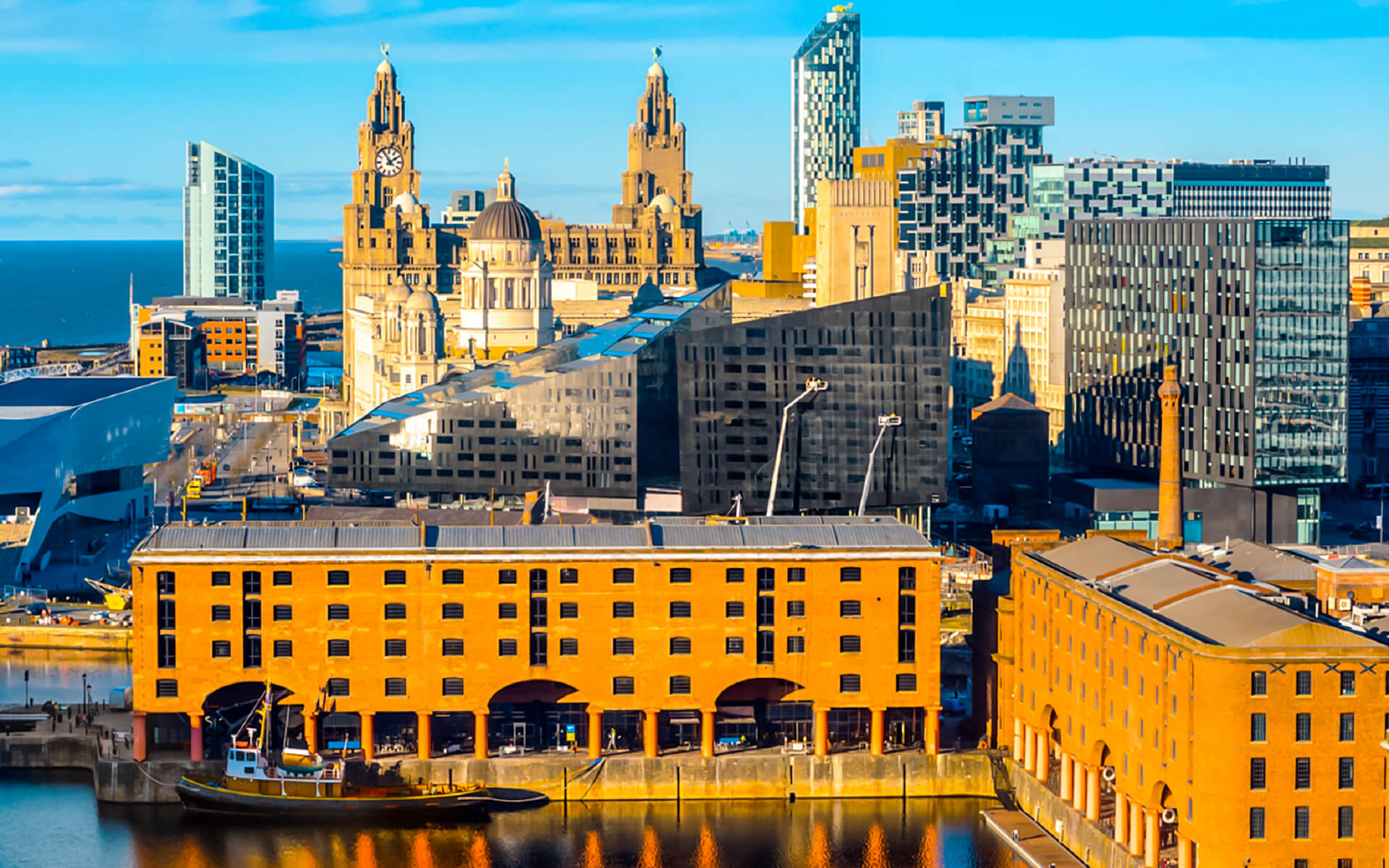[lwptoc]
Liverpool is a significant city and metropolitan borough in England’s north west. The city council area had a population of 478,580 people in 2015, whereas the Liverpool/Birkenhead metropolitan region has a population of almost 2.2 million people. Within the Liverpool City Region, Liverpool is the most populous city.
Liverpool is located on the eastern bank of the Mersey Estuary and was traditionally part of the old hundred of West Derby in Lancashire’s south west. From 1207 through 1880, it was a borough and then a city. The city’s rise as a major port and involvement in the Atlantic slave trade coincided with the city’s expansion during the Industrial Revolution. The RMS Titanic, as well as many other Cunard and White Star ocean liners such as the RMS Lusitania, Queen Mary, and Olympic, were registered at Liverpool.
In 2007, the city celebrated its 800th anniversary, and in 2008, it shared the title of European Capital of Culture with Stavanger, Norway. UNESCO designated many parts of Liverpool’s city center as World Heritage Sites in 2004. The Pier Head, Albert Dock, and William Brown Street are all part of the Liverpool Maritime Mercantile City. The city’s economy is mostly based on tourism. The success of The Beatles and other Merseybeatera and subsequent bands contributed to Liverpool’s appeal as a tourist attraction, earning it the title of “World Capital City of Pop” by Guinness World Records. Liverpool is also home to two Premier League football teams, Liverpool and Everton, and the Merseyside derby is a match between the two. Aintree Racecourse, on the outskirts of the city, hosts the world-famous Grand National horse race every year.
Liverpool’s port city position has contributed to the city’s diversified population, which has traditionally drawn from a broad variety of peoples, cultures, and faiths, notably from Ireland and Wales. The city is also home to the country’s oldest Black African community and Europe’s oldest Chinese community. Liverpool residents are known as Liverpudlians (or less popularly Liverpolitans) and “Scousers,” a reference to “scouse,” a kind of stew. The term “Scouse” has also come to represent the Liverpool dialect and accent.


